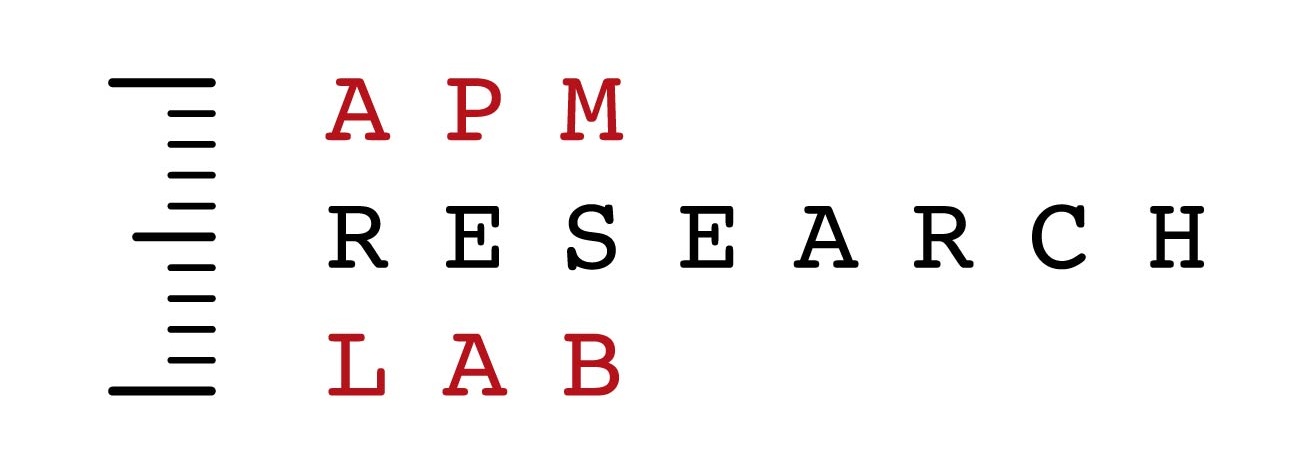Happy, factful, new year!
In the book Factfulness, the authors repeatedly demonstrate that we are ignorant to some of the most basic facts about the world.
by Craig Helmstetter, Managing Partner
Happy, factful, new year!
In the last 20 years, has the proportion of the world population that is living in extreme poverty (a) almost doubled, (b) remained more or less the same, or (c) almost halved?
This is one of the questions in a brief quiz that opens Factfulness, a best-selling book authored by perhaps the most enthusiastic and engaging apostle of data to ever grace a TED talk stage. I have long been a fan of Hans Rosling’s presentations, so I thought a review the book he left us prior to recently passing away would be a good way to start the year.
My basic reaction: Factfulness should be required reading for members of the newly-seated U.S. Congress, among others. The book encourages us all to press against instincts that may have served us better in earlier times, including fear, over-generalization, blame, and dramatization in addition to persuasively arguing for a more rational and data-informed approach to the world’s most pressing issues.
Through quiz questions like the one above, Rosling repeatedly demonstrates that we are ignorant to some of the most basic facts about the world. He knows this because his Gapminder Foundation has conducted surveys about these basic facts in several countries, and he has quizzed several audiences, including crowds of journalists, major corporations, and even Nobel Laureates. Rosling is fond of pointing out the none of these groups has scored better on his basic fact quizzes than would a group of chimpanzees, selecting answers at random.
Some reviewers of the book accuse Rosling of being overly optimistic, to the point of willfully ignoring some data that contradicts his rosier picture of progress. Or, more specifically, that he spends too little time on data related to species extinction and environmental protection, which can show far-less-than optimistic trends.
In a world full of dire news, these criticisms strike me as quibbles that do not undermine the thrust of the book’s argument, especially since Rosling spends a fair amount of time addressing global warming. To me, the biggest challenge of the book has to do with the way Rosling condemns the news, as necessarily driven by drama, over-simplification, and extraordinary events.
Factfulness should be required reading for members of the newly-seated U.S. Congress, among others. The book encourages us all to press against instincts that may have served us better in earlier times, including fear, over-generalization, blame, and dramatization.
The book’s most compelling illustration of the news media’s shortcomings comes in chapter 9 (“the blame instinct”). Rosling and company spend some time addressing the media’s handling of the 2015 crisis where thousands of refugees drown in the Mediterranean Sea while fleeing war and poverty. Who was to blame? According to Factfulness, most media narratives pointed simplistically to unscrupulous smugglers who tried to bring the refugees across treacherous seas in overcrowded and cheap rafts.
The real but more complicated culprit, according to the book, were the European policymakers whose impossible-to-enforce travel restrictions led to de facto violations of the Geneva Convention’s dictates, and ultimately thousands of deaths.
Factfulness ultimately concludes: “…the news is not very useful for understanding the world” (253). This blanket generalization is tempting, especially in an age where the traditional business model for hard news is being up-ended and news creators are being encouraged to de-emphasize the healthy but boring “vegetables” of hard news in favor of the “candy” that will induce more audience engagement.
My own conclusion is that the news media can be very useful for understanding the world. It can be useful, that is, if it is given the opportunity to investigate patterns, analyze and understand data, and partner with “experts” (whether trained by universities or life experiences) to better understand specific issues. At least, as a researcher working within a media organization to bring facts into focus, that is my hope.
If you don’t have time to read the book, check out quick summary of its basic premises here. If you are not among the 13 million who have already seen it, check out Rosling’s original TED talk, the best stats you’ve ever seen.
Reactions? Please email us your thoughts or join the conversation on Twitter or Facebook.
p.s. Extreme poverty has almost halved over the past 20 years. Click here to take the whole 13-question quiz.

